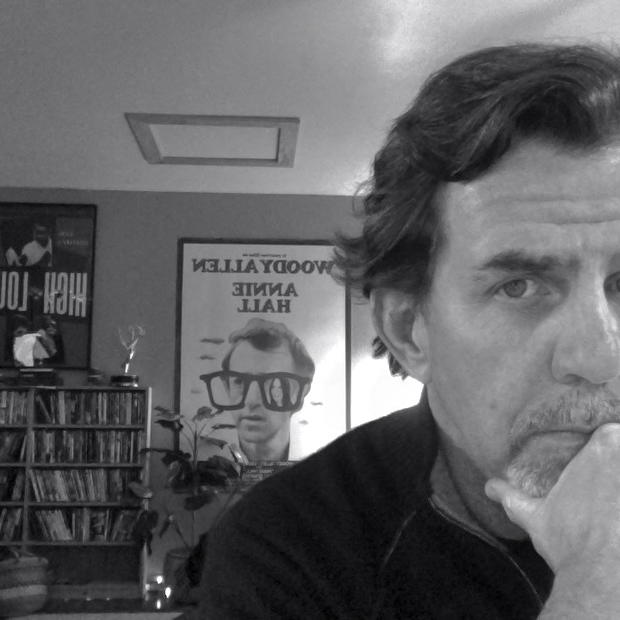Approaching the Elephant, a striking, DIY documentary available for rent or purchase only on the iTunes streaming option, is the first film by director Amanda Rose Wilder. Documenting the inaugural year of an experimental elementary school in New Jersey, Wilder, working alone, adopts the style of direct cinema filmmakers such as Albert Maysles (Salesman) and D.A Pennebaker (Don’t Look Back).
Wilder avoids narration, talking heads, soundtrack music, or any manipulative point-of-view, planting herself in the classroom as the virtual personification of a fly-on-the-wall. The classic technique, which can more often than not tumble slowly down the hallways of tedium, requires–when done well–not only a firm and patient commitment on the part of the filmmaker, but also subject matter that lives up to the investment of a viewer’s time. In the case of this film, what begins as a sometimes shambling, unfocused experiment gathers an absorbing, even visceral power.
Several years ago I worked as a freelance cameraman on a CBS news series called “Before Your Eyes,” which attempted to mimic the direct cinema experience by allowing the characters, combatants in a child custody case, to go about their day making phone calls, driving to meetings and walking in and out of rooms, observed up close and from afar by a camera crew always listening in via wireless microphones. The idea, the audience was told, was to watch a story develop before your eyes. The program was brazenly anti-commercial for such a profit-driven corporation, and the enormous cost of paying production crews quickly sunk the series after a year. When the episode I worked on eventually aired, it was a truncated folly, edited and scored like any old news magazine show, which only served to reveal the lightweight and petty nature of the subject matter. Wilder, luckily for us, stuck to her stylistic guns from beginning to end, which eventually led to a compelling central focus in Approaching the Elephant, one which not only suited her direct cinema gaze, but also zeroed in on the impassioned, frustrating, difficult, and sometimes disturbing mission the school adheres to.
The Teddy McArdle Free School is described in the opening titles as the latest in a line of more than 250 free schools in the world. Rules are determined by a vote of the students, who work together with their adult teachers to insure an equal say on nearly everything the school decides. The classes, such as they are, are voluntary and they appear to be chaotically structured. It’s not clear what kind of learning is going on, although there is a lot of noise. One kid plunks away at a piano, others build a fort, a few romp on a couch, another kid tries to read a book. One student writes a proposal that states, ”No one is allowed to stop anyone from doing anything,” which seems to be the school’s guiding principle. But then one child’s enthusiasm for this “anything goes” edict begins to have a serious, even potentially violent, impact on the school’s function. What began as freewheeling depiction of a hippy-dippy commune of alternative education coheres into a quasi-courtroom drama in which the school’s founding ethos is challenged.
At the film’s premiere in 2014 at the True/False Film Festival, Wilder (she once ran second camera on a Maysles film) told me that much of the material was shaped in post-production by her editor Robert Greene (director of the independent doc-fiction hybrid, Actress). The decision was also made to convert Wilder’s original color video footage to black-and-white, a technical choice, Wilder told me, because much of her color was difficult to match from scene to scene. She also shot the film in a 4x3 ratio, which when combined with the dense black-and-white imagery and the random, sometimes screechy natural sound, creates the impression of a found footage collage, one offering revealing glimpses into the mystifying process of children feeling their way through the world.
Approaching the Elephant is not only a remarkable testimony to a filmmaker’s persistent attention and patient eye, but also to the magic that can sometimes occur in a documentary, when luck and design collide to create something unexpected.


